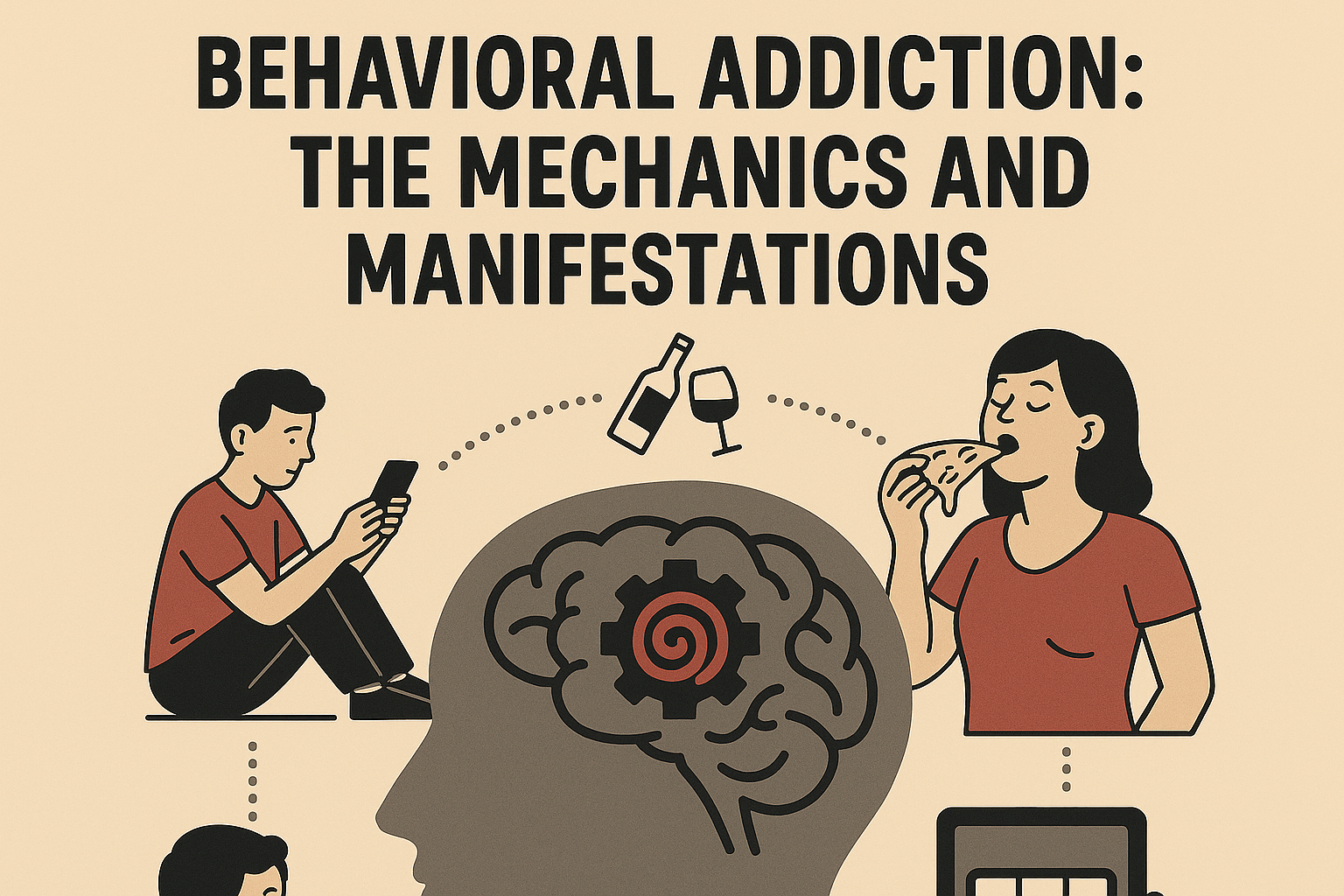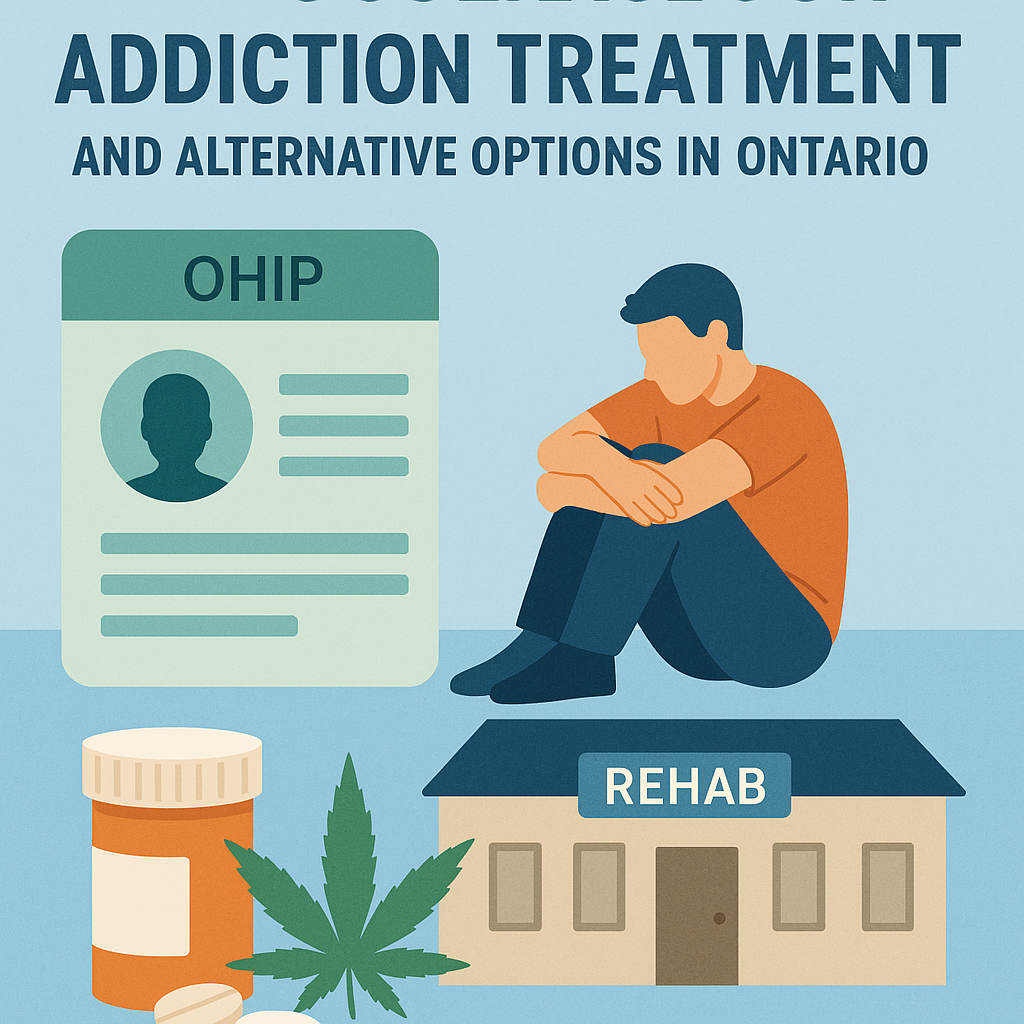
Many people think they can quit an addiction on their own through sheer determination. While some can, success depends on several factors, such as the duration you have taken the substance, the amount, and what you consumed. A common misconception surrounding addiction treatment programs is that all people suffer through withdrawal. In fact, medical detox programs facilitate a stronger recovery and lessen the chances of relapse.
The Purpose of Medical Detoxification
Medical detox removes harmful substances from the body under the supervision of medical staff. Prolonged drug and alcohol usage can facilitate strong and (sometimes) harmful withdrawal symptoms in certain patients. Some symptoms are even life-threatening.
However, when conducted in controlled environments, medical detox provides a safer method of managing withdrawal and its side effects. For example, medical detox centres will:
- Medically stabilize patients.
- Prevent harmful withdrawal effects.
- Minimize symptoms.
- Transition clients to substance abuse rehabilitation.
Treatment duration depends on how long it takes for the body to eliminate alcohol and drugs. The time it takes depends on the substance abuse duration, the amount regularly used, and the substance type. Recovery time also depends on mental and physical health, age, and gender.
The Advantages of a Medical Detox Program
Medical detox programs provide a safe space to undergo detox. The challenge with detoxifying the body at home is the potential severity of the symptoms and the physical risks some substances can pose. There are several benefits to addiction treatment programs that many don’t consider, including the following:
1. Makes withdrawal manageable
Different substances will have varying withdrawal symptoms. Furthermore, the amount and duration used can factor into the severity as the body attempts to regain homeostasis. Substance abuse doesn’t just alter the body; it affects the brain as well at a neurosynaptic level.
Medical detox makes withdrawal symptoms manageable and less severe than going through the withdrawal process alone.
Different medications help clients manage the severity of symptoms, and may include the following:
- Naloxone: Naloxone reverses opioid overdose.
- Suboxone: This medication is a form of buprenorphine and naloxone, which prevents misuse.
- Naltrexone: Effective at blocking opioid reinforcement to eliminate ongoing use. It can treat cravings for alcohol and deter drinking behaviours.
- Buprenorphine: As a partial opioid agonist, buprenorphine has a higher safety profile and can stabilize individuals to prevent relapse. It helps clients control opiate cravings and assists in long-term recovery.
- Methadone: Works for opioid treatment by managing withdrawal symptoms and facilitating stability while in recovery.
- Clonidine: This alpha-adrenergic agonist handles opioid withdrawal.
When the pain is manageable, there is a greater chance for success.
2. Safer environment
Detoxifying at home can be dangerous. When symptoms become too severe or intolerable mentally and physically, people often give in to the addiction. However, the danger isn’t necessarily that during a relapse, the individual returns to their normal routine.
Since the body is undergoing withdrawal symptoms as it strives to maintain a balance, when a person relapses, they end up taking more of the drug to re-establish a baseline. Additionally, they may take more of the drug as a numbing effect to combat pain. This situation can elicit both a drug overdose and, potentially, death.
Medical detox centres regularly monitor clients. They understand the withdrawal process. They can thus provide enough medication to combat symptoms and are vigilant in spotting potentially lethal consequences. For example, prolonged alcohol usage can generate hallucinations, and some patients can experience seizures with fatal results if left unmonitored.
3. Decreases relapse
Successfully treating substance abuse stems from the ability to manage withdrawal. Chronic drug and alcohol consumption alters the brain’s chemistry. Generally, it causes the brain to overproduce a certain substance depending on the drug. For example, in the brain, opioids block pain signals and increase dopamine. Dopamine is responsible for feeling pleasure and reward.
As the body counterbalances the effects, more drugs are necessary to maintain the same high as the body develops tolerance. This same tolerance is what can potentially cause an intensity of withdrawal symptoms.
However, medical detox helps manage withdrawal symptoms and decreases the temptation to go back to using the substance. When a person is comfortable, there is a decreased chance for relapse, and they stand a better chance for recovery.
Medical detox methods help manage the pain and bring it to tolerable levels. Our centre monitors patients around the clock. We immediately address discomfort and can provide assistance if there is a medical emergency.
4. Safer than detoxing at home
As mentioned, going through the detox process at home can be dangerous. Medical detox centres assist in pain management and reduce symptoms to tolerable levels. We provide 24/7 assistance and can handle any medical emergency.
Most people choose a medical detox centre because of this factor. While they may never require medical assistance, they are in a safer space if something were to happen.
During the detoxification process, there are many unknown factors. Medical professionals are on-site to deal with any situation and can prevent fatalities. They are thus a safe space to heal mentally and physically.
5. A supportive environment
Sometimes, the environment plays a role in addiction relapse and the recovery process. When a person is trying to quit substance abuse, there may be many around them engaging in the activity they are attempting to avoid. This increases the chance of relapse because they aren’t in a supportive environment.
While a medical detox centre largely deals with the physical aspects of withdrawal, an added benefit is that it is a proactive step in removing the person from the environment wherein they can resume past harmful behaviours. It removes them from enablers as well.
6. Assistance in full recovery
Medical professionals are available to assist throughout the detoxification process and continually monitor individuals to ensure their safety. While patients are sincere about quitting substance abuse, it is easier when you are surrounded by a strong support staff.
Once our patients are admitted, they remain at the centre until medically stable. After that, we transfer them to treatment or rehabilitation centres. Since substance abuse can mask underlying mental and physical health conditions, our team can ensure a more successful treatment to prevent relapse.
7. Detect underlying physical and mental health issues
Medical professionals must address the underlying issues since they need to determine the source. Some symptoms can appear to be mental health issues when they simply exist from prolonged drug usage.
Therefore, we must determine the exact underlying cause before successful treatment can be initiated. If a mental health disorder is present, then we can treat it separately.
How can I admit myself or a loved one?
If you or a loved one requires an addiction treatment program, consider the Metamorphosis Centre for Change. We have a high staff-to-patient ratio, thus providing more personalized care and timely intervention. Furthermore, our reduced wait times means you can receive the attention you need.
For more information, please call us at 1-855-888-0212 or fill out our online form and contact us here.





